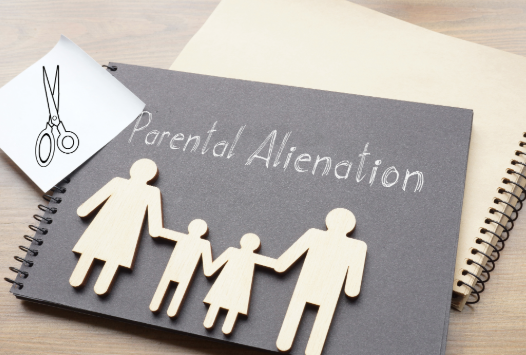

27
Aug
Parental Alienation and Legal Remedies in North Carolina
Understanding Parental Alienation
Parental alienation occurs when one parent intentionally manipulates a child to reject or distance themselves from the other parent. This may involve subtle negative remarks, blocking visitation, or controlling how the child perceives the other parent. Over time, these behaviors can erode the parent–child bond and cause lasting emotional harm.
Although the concept of “Parental Alienation Syndrome” is controversial and not formally recognized by major medical organizations, North Carolina courts acknowledge the impact of alienating behaviors when deciding custody disputes. The courts focus on protecting the child’s best interests and preserving meaningful relationships with both parents.
Legal Remedies in North Carolina
Parents who believe they are victims of alienation have several options under North Carolina law:
1. Alienation of Parental Affection Claims
North Carolina uniquely allows a tort claim for alienation of parental affection. To prove this claim, a parent must show:
- A genuine, loving parent–child relationship existed;
- That affection was destroyed or significantly damaged; and
- The other parent’s malicious conduct was the primary cause.
If successful, the court may award monetary damages or adjust custody and visitation arrangements.
2. Custody Modifications
Alienating behavior can play a major role in custody decisions. The court may:
- Modify custody or visitation schedules;
- Limit the alienating parent’s time with the child; or
- Transfer custody to the non-alienating parent.
All decisions are guided by the child’s best interests.
3. Court-Ordered Therapy and Evaluations
When alienation is evident, the court may order:
- Family counseling or reunification therapy;
- Psychological evaluations of the parents and child; or
- Appointment of a Guardian ad Litem (GAL) to advocate for the child’s needs.
4. Contempt Proceedings
If a parent violates custody or visitation orders—such as withholding scheduled visits—the other parent may file a motion for contempt. Sanctions can include fines, makeup visitation, or further modifications to custody.
Practical Steps for Parents Facing Alienation
If you suspect parental alienation, consider these steps:
- Document Behavior – Keep records of missed visits, messages, and comments.
- Consult a Family Law Attorney – An attorney can advise whether to pursue a tort claim, custody modification, or enforcement action.
- Seek Court-Ordered Help – Request therapy, evaluations, or a GAL appointment to address the alienation.
- Engage in Counseling – Family therapy can help rebuild communication and strengthen the parent–child bond.
Final Thoughts
Parental alienation can devastate both children and parents,
but North Carolina law provides remedies. From alienation of parental affection
claims to custody modifications and court-ordered therapy, the legal system
offers tools to protect the child’s well-being and preserve healthy parental
relationships.
If you believe alienation is occurring in your family, reach out to our experienced family law team today. We are here to help you understand your options, protect your rights, and safeguard your relationship with your child.




